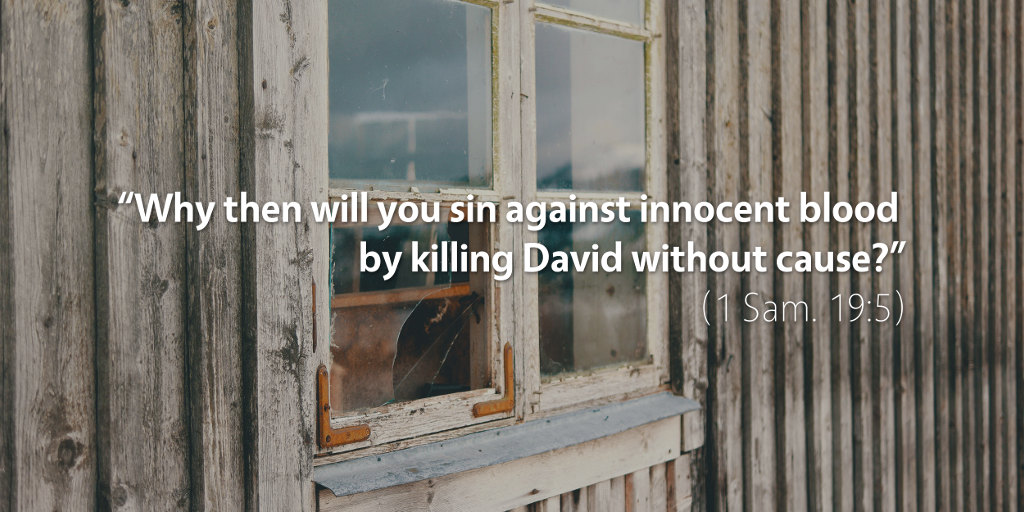Bible Readings for September 23rd
2 Samuel 19 | 2 Corinthians 12 | Ezekiel 26 | Psalm 74
During the uprising of Absalom, Israel’s previously unwavering loyalty to David fell apart. Now that Absalom is dead, David must sort through what to do with the people who supported him, the people who betrayed him, and the people who did both. Today, we will look at three interactions in 2 Samuel 19 that have important ramifications for the rest of the Bible’s story.
First, Joab continues his awkward, controversial relationship with David. Remember that Joab had already murdered Abner (2 Sam. 3:27) and that Joab was the one who disregarded David’s order and executed Absalom (2 Sam. 18:14). In 2 Samuel 19, Joab confronts David about mourning the loss of Absalom, insisting that David dishonors those who went to battle for David (2 Sam. 19:1–8). David listens to Joab’s advice, but he also replaces Joab as commander of his army with Amasa (2 Sam. 19:13).
Second, David pardons Shimei, the Benjaminite from the family of Saul who had cursed him in 2 Samuel 16:5–14. Shimei acknowledges his sin before David and pleads for his life. David spares both Joab and Shimei here, but he later asks his son Solomon to execute them both on his behalf in 1 Kings 2:5–9.
Third, in a touching story, David is reconciled with Mephibosheth. Ziba had slandered Mephibosheth, saying that Mephibosheth had seen an opportunity to betray David during the uprising of Absalom (2 Sam. 16:3), so David had given all of Mephibosheth’s land to Ziba (2 Sam. 16:4). When David learns the truth, David decides to allow Ziba and Mephibosheth to split the land; however, Mephibosheth isn’t interested in his land as long as David has returned. Instead, he exclaims, “Oh, let him take it all, since my lord the king has come safely home” (2 Sam. 19:30).
Arguably, Mephibosheth is the man who had lost the most in life—not only an eventual claim to the throne as the son of Jonathan (that is, the grandson of King Saul), but also the use of his legs through a childhood injury. Yet, while Joab seeks to maintain his status and influence even through murder, and while Shimei grovels for his life, Mephibosheth simply rejoices in being reconciled to his king.
Those who know they are weak often have a far easier time understanding the goodness of God’s grace than the proud, strong, and rich, which is why King Jesus also chooses the weakest among us as his own. Mephibosheth had experienced the kindness of the king, even feasting at David’s own table, so that he no longer cared about wealth or influence—he only wanted his king.
If Jesus has invited you, like Mephibosheth, to feast at his table, why do you, like Joab and Shimei, cling to the other things in this world as though those things are all you have?
Podcast: Play in new window | Download (4.9MB) | Embed
Subscribe: Apple Podcasts | RSS | More

Scripture quotations are from The Holy Bible, English Standard Version copyright © 2001 by Crossway Bibles, a division of Good News Publishers. Used by permission. All rights reserved.


